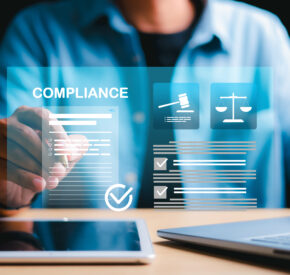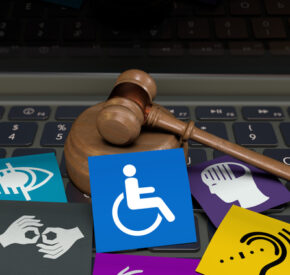988: A Lifeline for Your Colleagues
Tamman promotes mental health awareness and support for employees

I recently received some information in an email from our Human Resources partners at Converge. They were informing us about the new hotline number, ‘988’ that went into effect nationwide on July 16, 2022. This new 3 digit code will route callers directly to the National Suicide Prevention Lifeline. The email asked us as employers to help promote the number so that colleagues who need it might receive help at the moment they most need it in the future. Run by the US government’s Substance Abuse and Mental Health Services Administration (SAMSHA) to promote positive interventions at the moment they may be most needed. SAMSHA reports that they take in almost 900,000 calls a year. This is an incredible number, and it speaks to the sheer volume of isolation, trauma, and frustration that exists within our communities – especially since the start of the Covid pandemic.
I have spent most of my career working in social services. Over 20+ years working in communities with the homeless, or in educational settings with young people who had previously dropped out of high school. It should not surprise anyone that both of these populations have high rates of poverty and the mental health and trauma that often accompanies it. A good deal of time, especially early in my career, was devoted to professional development training that focused on establishing strong professional boundaries. The fact is, when you’re very early in your career, it is easy not to have any sense of where to draw lines between you and the person you are serving, especially when you are staring down an immediate crisis with them. The emotional toll can lead to burnout, which I saw in more than a few well-meaning, idealistic, young professionals with whom I’ve worked. However, despite the fact that I saw and listened to my fair share of trauma, emergencies, involuntary mental health committals, decompensations, abuse in all its forms – emotional, physical, mental, etc., repeated homelessness, violence, and death, I was able to more or less protect my personal and professional emotions most of the time from the chaos of those moments and continue to serve my constituents with professionalism. It was definitely more of an art than a science for me though. Nevertheless, the emotional baggage that the professionals who care for others carry is extensive. Teachers, social workers, AmeriCorps members, community leaders, nurses, and all the people working and serving those in crisis require self-care whether they realize it or not. The true amount of weight from this work that I was carrying was unknown to me until I stepped away.
Something that has been a bit of a surprise for me as I made the transition out of the nonprofit world and into the for-profit world has been the fact that while my professional responsibilities have changed, people needing interventions has not. Trauma is personal. Contrary to what one might think, the populations I’ve worked with often exhibit a remarkable resilience and strength, despite the challenges they’ve faced. I’ve noticed and have talked to many colleagues who have felt isolation working remotely. Being separated from colleagues, and without an immediate network of people to tap into, they have slipped into substance use and depression. I think that there is a particular danger that exists in our new working paradigms where people don’t interact as frequently in person and therefore cannot see the body language or some of the subtle cues that might lead them to realize that their friend and colleague is in distress.
When the information about 988 was sent to me, I was struck by the fact that the author of the email mentioned that employers play a particularly important role in highlighting and promoting this new lifeline. When you’re focused on business and all of the issues and opportunities and problems that exist within business it’s very easy to forget that there are people on the other side who might be in crisis. Employers continue to be the center point for health and healthcare for their employees, so we bear an important responsibility to focus on the wellness of all of our friends and colleagues. I’m going to gladly promote this new lifeline because we only see what is on the other side of a video call. We only see what others want us to see, and I hope that Tamman’s relentless focus on wellness in the way that we do – talking openly about mental health and the challenges that our employees will feel comfortable knowing that they are supported and never feel as if they have to use 988. But if they do need it in a moment of crisis, I’m glad to know that it has been ingrained as closely as 911 is for traditional physical emergencies.
___
Marty Molloy, the President of Tamman, is a passionate leader dedicated to building inclusive teams and fostering a culture of growth. With a background in non-profit leadership and education, he is committed to leveraging technology to create positive impact and make the world more accessible and equitable for all.





